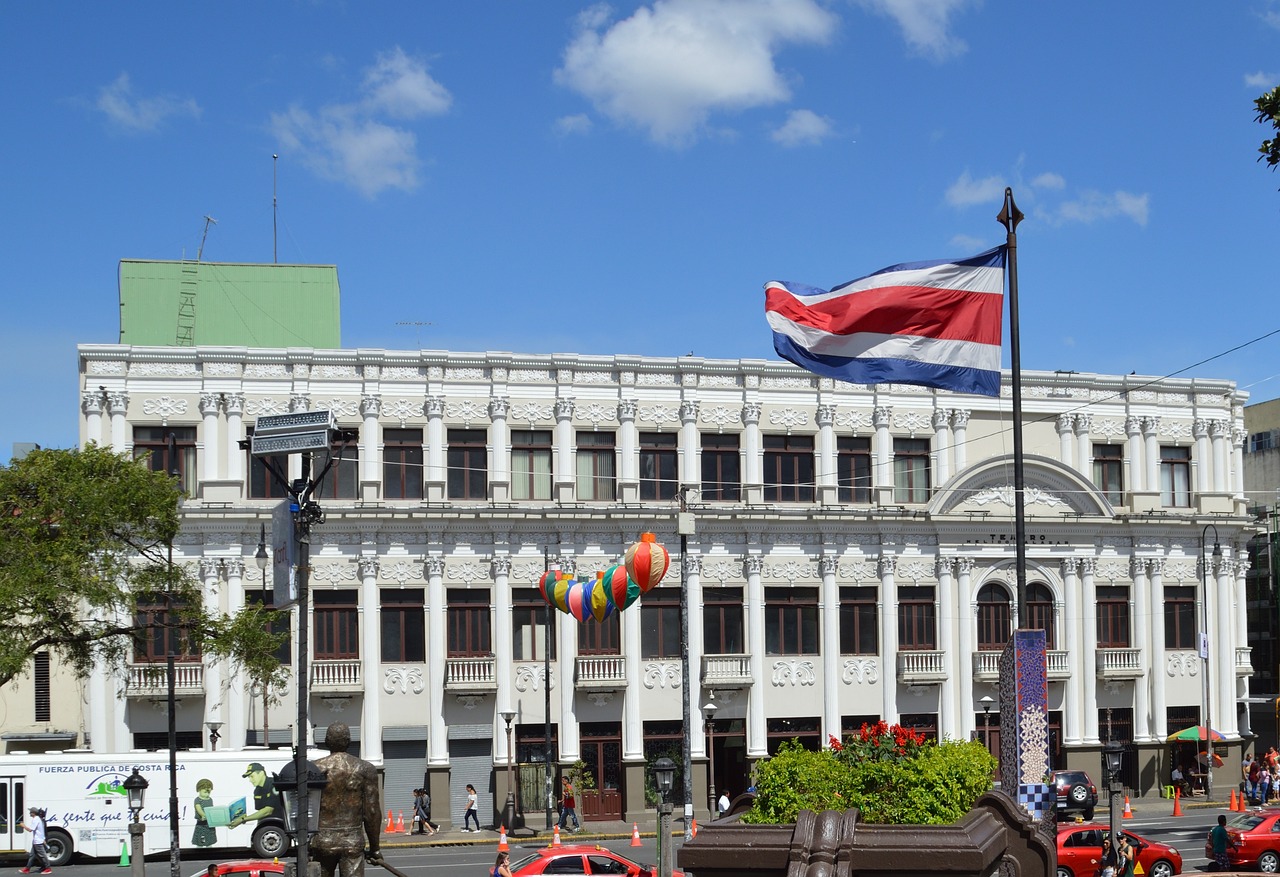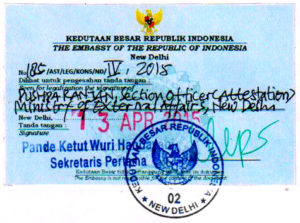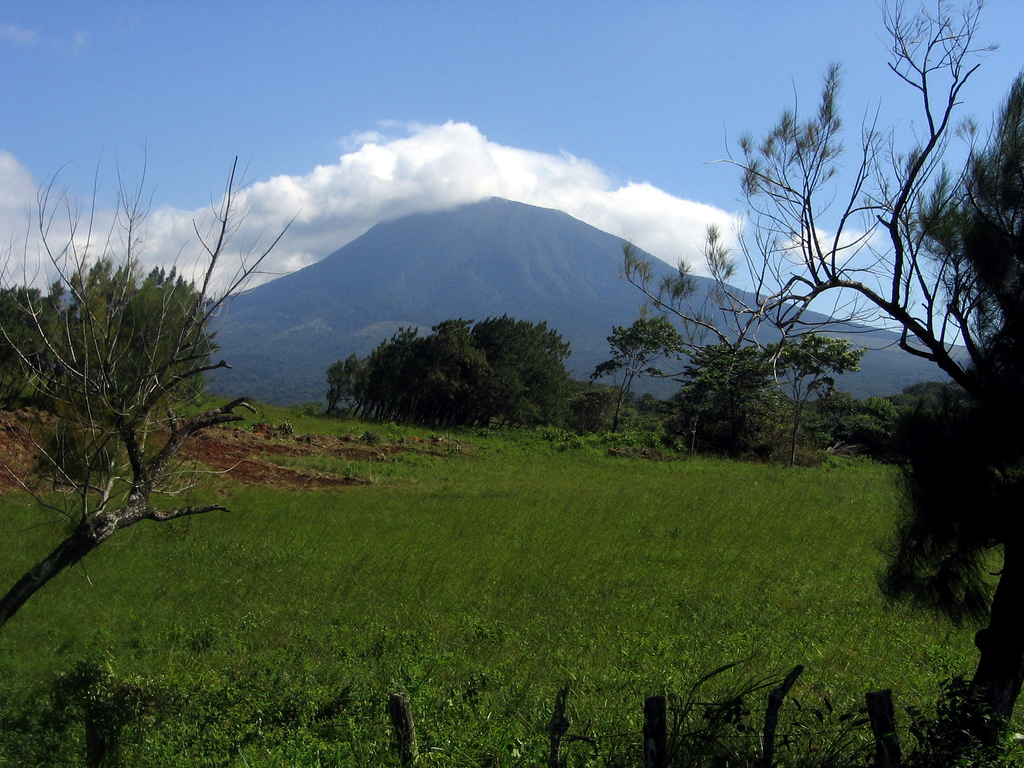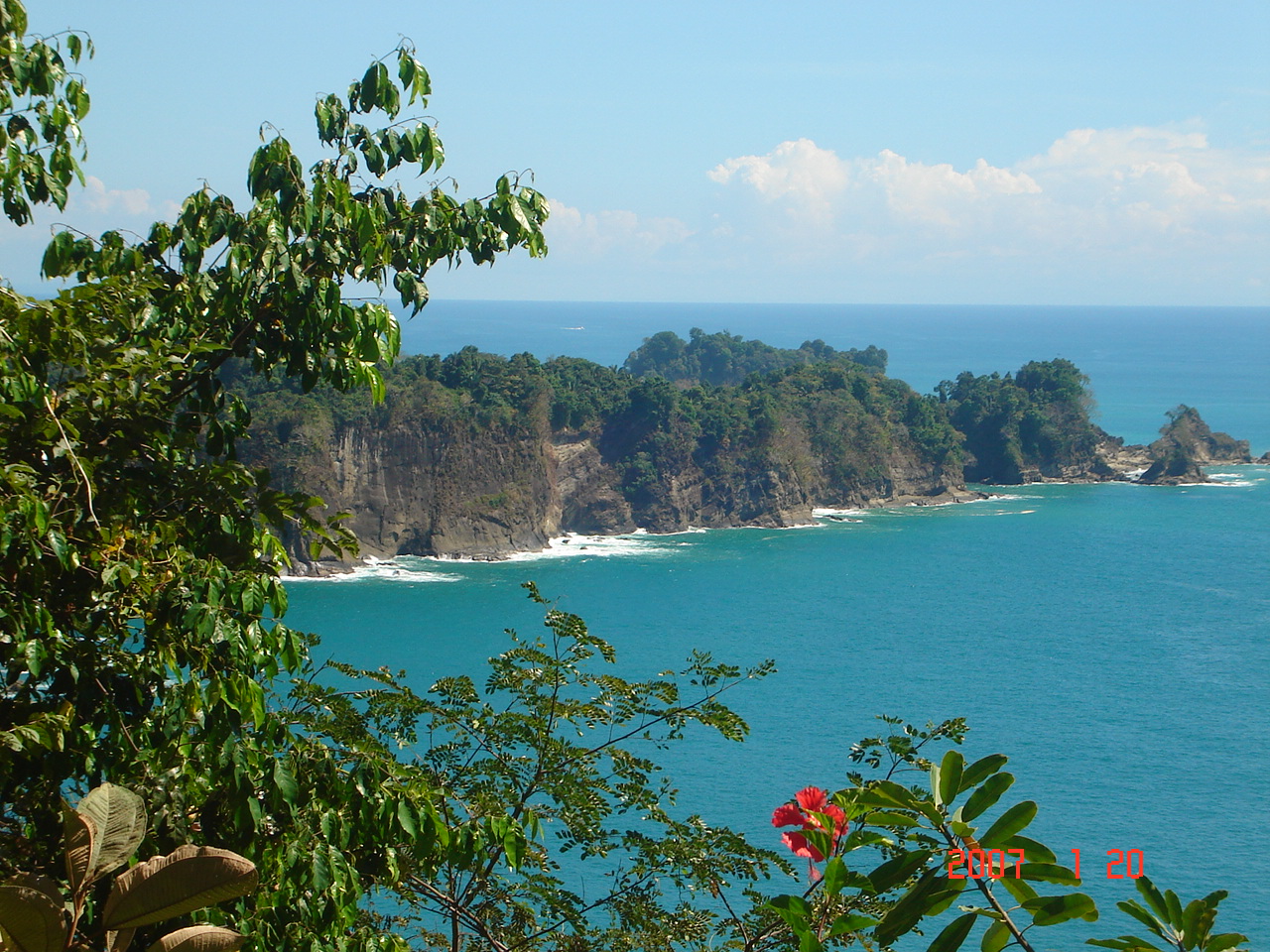
For many Canadians, the idea of retiring or relocating abroad holds an undeniable appeal. And when it comes to seeking a new home in a warm and welcoming destination, Costa Rica often tops the list. With its stunning natural beauty, stable democracy, and friendly locals, Costa Rica offers Canadian expatriates an exciting opportunity to experience the pura vida lifestyle firsthand. However, before making the leap to this tropical paradise, it’s essential to understand the ins and outs of obtaining residency in Costa Rica as a Canadian citizen.
Residency Options
Costa Rica offers several residency options for foreign nationals, each with its own set of requirements and benefits. For Canadian citizens looking to establish permanent residency in Costa Rica, the most common pathways include:
- Rentista Visa: The Rentista visa is available to individuals who can show a guaranteed monthly income of at least $2,500 USD from foreign sources, such as investments, rental properties, or annuities. Like the Pensionado visa, the Rentista visa grants holders temporary residency status in Costa Rica.
- Inversionista Visa: For Canadian citizens with significant financial resources, the Inversionista visa offers a pathway to residency through investment. To qualify, applicants must invest a minimum of $200,000 USD in a Costa Rican business or real estate. This visa grants holders temporary residency status and may eventually lead to permanent residency or citizenship.
Application Process
The process of obtaining residency in Costa Rica can be complex and time-consuming, requiring careful planning and attention to detail. Canadian citizens seeking residency in Costa Rica must submit a comprehensive application package to the Department of Immigration, along with supporting documentation, such as proof of income and criminal background checks.
Once the application is submitted, applicants can expect to wait several months for approval, during which time they may be required to complete additional steps, such as interviews or supplementary documentation requests. Upon approval, successful applicants will receive a temporary residency card, which must be renewed eery two years the first few years before becoming eligible to apply for permanent residency.
Benefits of Residency
Obtaining residency in Costa Rica offers Canadian citizens a range of benefits, including:
- Legal Status: Residency provides Canadians with legal permission to live and study in Costa Rica indefinitely, without the need for a tourist visa.
- Access to Healthcare: Residents of Costa Rica are required to enroll in the country’s public healthcare system, which provides affordable medical care to all residents, regardless of nationality.
- Property Ownership: Residency status allows Canadians to purchase property in Costa Rica with fewer restrictions and benefits from favorable property tax rates.
- Financial Services: Residents of Costa Rica have access to local banking services, including the ability to open a bank account and apply for credit cards or loans.
- Education: Residency enables Canadians to enroll their children in Costa Rican schools and universities, often at significantly lower tuition rates than international schools.
Challenges and Considerations
While residency in Costa Rica offers many benefits, it’s essential for Canadian expatriates to be aware of the potential challenges and considerations involved:
- Language Barrier: While English is widely spoken in tourist areas, proficiency in Spanish is essential for navigating daily life and accessing services outside of expatriate communities.
- Cultural Adjustment: Adapting to life in Costa Rica may require Canadians to adjust to a different pace of life, cultural norms, and bureaucratic processes.
- Healthcare Quality: While Costa Rica’s healthcare system is generally of high quality, access to specialized medical care may be limited in rural areas, and wait times for non-emergency procedures can be lengthy.
- Financial Planning: Canadians should carefully consider the financial implications of relocating to Costa Rica, including currency exchange rates, tax obligations, and healthcare costs.
In conclusion, obtaining residency in Costa Rica offers Canadian citizens the opportunity to experience all that this tropical paradise has to offer, from its stunning natural beauty to its warm and welcoming culture. By understanding the residency options available and carefully navigating the application process, Canadians can make their dream of living in Costa Rica a reality, embracing the Pura Vida lifestyle and creating a new home in one of the world’s most beloved expatriate destinations.


 The client, born during the tumultuous period of time when Indonesia gained its
The client, born during the tumultuous period of time when Indonesia gained its
